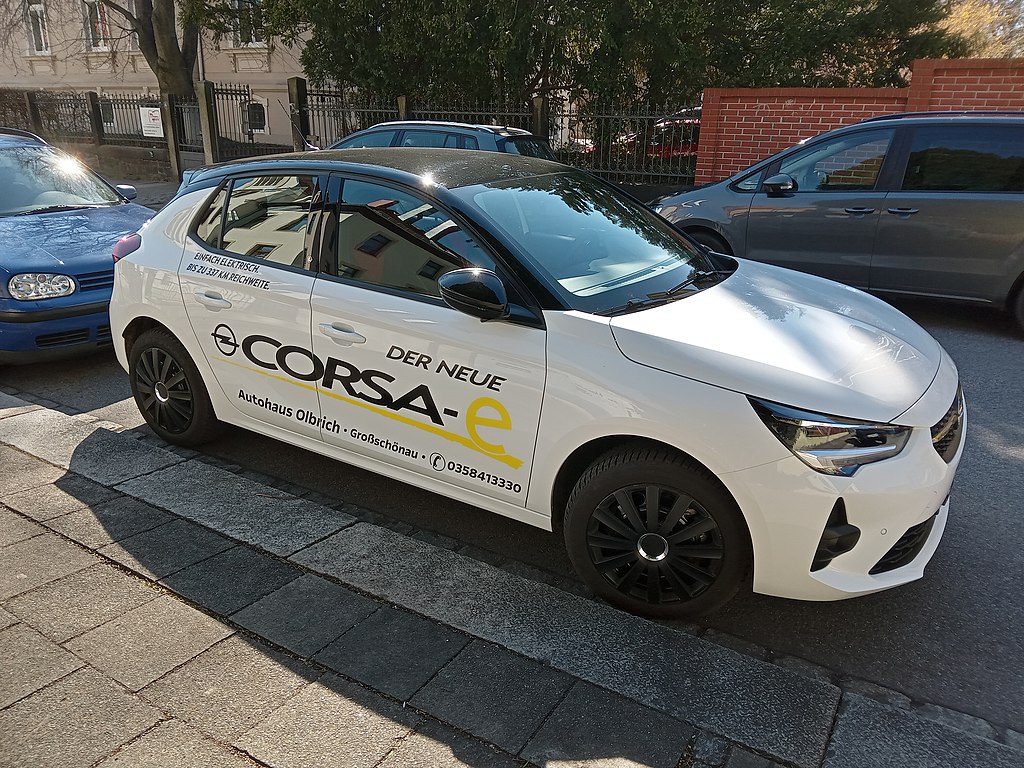The subsidies for electric cars, which exist in practically every country in the world, are considered controversial. The EU and especially Germany are the subsidy world champions in this respect: there are no subsidies as high as those in this country anywhere else. However, this system may be questioned. A comparison with the subsidies for wallboxes, which will (temporarily) expire in autumn 2021, shows that prices may even fall when the subsidies are discontinued.
Price development for wallboxes
The home charging stations were subsidised through a KfW programme until October 2021. These subsidies were then exhausted, so the grant was no longer available. As things stand (end of June 2022), it is not yet clear whether the programme will be relaunched. Programmes of individual countries also expired at the end of 2021 to the beginning of 2022, the reason was the same: the demand for them was so high that the funds from the subsidy pot were used up faster than expected. By the way, some electricity suppliers also grant a small subsidy for wallboxes if the customer signs a long-term supply contract. The effect of the discontinued state subsidies is remarkable: the prices for wallboxes have fallen slightly since then – by an average of 10 to 20 %, depending on the model. This suggests that the manufacturers and dealers partly skimmed off the previous subsidy with price surcharges just for their profits. What does this mean in terms of subsidies for electric cars?

Image: Fiver, der Hellseher, CC BY-SA 4.0, via Wikimedia Commons
Subsidies vs. expensive electromobility
Electromobility is expensive, but against its additional price are the subsidies for electric cars. The question is how long they can be sustained. Now the EU wants to force the end of internal combustion cars by 2035, but at the moment Germany, among others, is still blocking this plan. The car industry, on the other hand, has meanwhile prepared itself for this, and some manufacturers do not want to build any more cars with combustion engines before then. In doing so, they are anticipating the quasi-inevitable political requirement, because there seems to be no room for manoeuvre. The actually desired technological openness has been abolished because the parliamentarians in Brussels believe they know better than companies and their engineers who the future belongs to: electric cars. However, no one can overlook the price difference between electric cars and combustion engines.
An Opel Corsa, for example, currently costs around 20,000 euros with a petrol engine, but 33,000 euros with an electric motor. It is difficult to predict whether this difference will decrease significantly at some point, because rising raw material prices are currently making batteries more and more expensive. Now the subsidies for a new electric car absorb the cost difference to a large extent. Is that really in line with market development?
Taxpayers pay for electromobility
The lavishly flowing subsidies for electric cars are paid for jointly by all taxpayers – even those who do not own a car at all. This is a blatant injustice that must be abolished. Presumably, the prices for e-cars would fall just like those for wallboxes if there were no more subsidies. It remains to be seen what effect this would have on the sales of electric cars. Only then would we all know what climate protection is really worth to us when it comes to driving.
